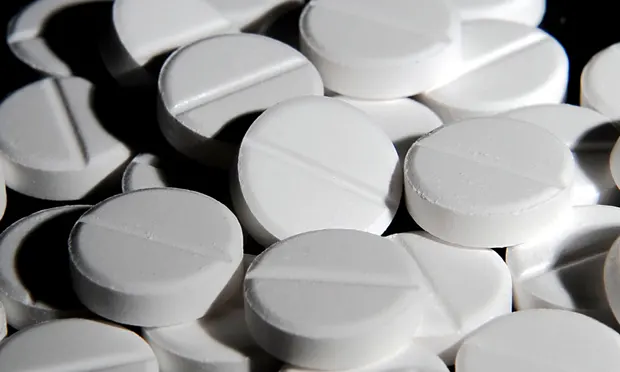The National Agency for Food and Drug Administration and Control (NAFDAC) has dispelled reports circulating on social media regarding alleged under-dosed paracetamol tablets in Nigeria.
In a press release issued earlier on Monday, 15/01/2024, NAFDAC expressed concerns about the scientific validity and lack of responsibility in the publication, emphasizing the potential impact of the unscientific release on Nigerian society.
Professor of Pharmaceutical Manufacturing and Drug Evaluation and Director General of NAFDAC, expressed dismay over the publication’s acceptance by a journal and assured the public of NAFDAC’s commitment to conducting a thorough investigation.
The agency conducted comprehensive testing of paracetamol tablets sampled from various pharmacy outlets in Lagos and Abuja to address the claims.
The investigation’s results
- Paracetamol tablets from thirteen local manufacturers were sampled, with a minimum of twenty tablets from each manufacturer subjected to assay analysis using the British Pharmacopoeia monograph 2023 edition Volume 3.
- The assay results demonstrated a 100% pass rate, confirming that all tested tablets met the stipulated dosage standards and specifications, adhering to both national and international regulatory requirements.
NAFDAC refuted the methodology used in the published report, highlighting discrepancies such as the wavelength setting for absorbance during testing.
The agency pointed out that the current edition of the British Pharmacopoeia recommends testing paracetamol tablets using Ultraviolet (UV) spectrophotometric method at 257nm wavelength, whereas the authors claimed to have set the absorbance at 700nm.
- Moreover, NAFDAC tested additional parameters beyond the subject in question, including uniformity of mass, average weight, friability, hardness, disintegration time, and identification, all of which met the BP specifications.
The agency outlined various shortcomings in the published research, questioning transparency in methodology, sample size, and selection criteria.
NAFDAC emphasized the importance of evidence-based information and urged stakeholders to rely on accurate and comprehensive data.
In a notable development, it was revealed that the article in question, titled “Communication in Physical Sciences,” 2023, 9(2): 180-186, has been retracted.
NAFDAC condemned the unauthorized use of the World Health Organization logo in the social media dissemination of the article, labelling it as highly distasteful and illegal.
As part of its commitment to public health and safety, NAFDAC affirmed its dedication to ensuring the quality of pharmaceutical products in Nigeria, calling the publication a disservice to the pharmaceutical industry and the nation.
The agency vowed to continue working with manufacturers and stakeholders to maintain and enhance product quality.

